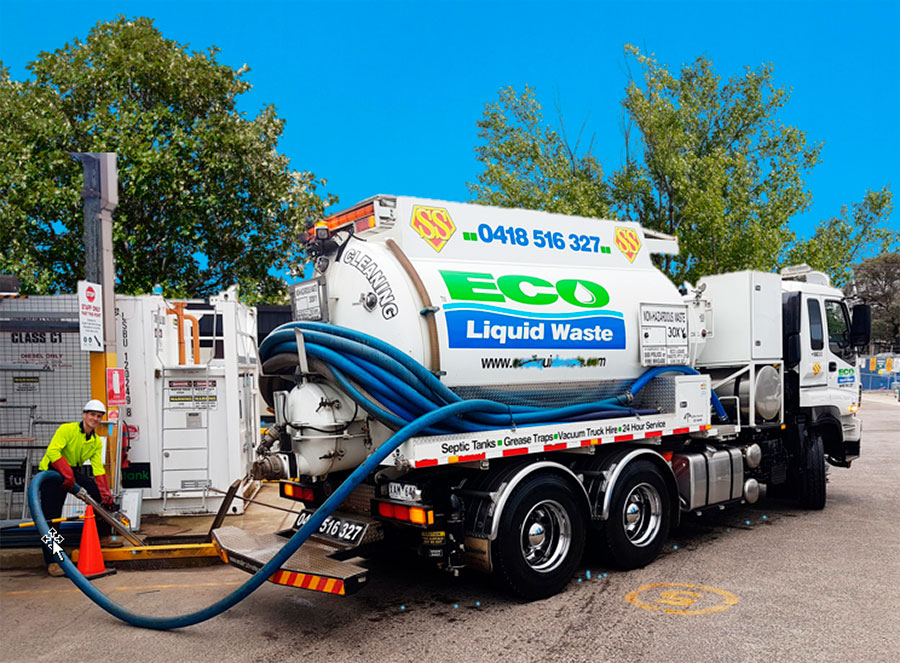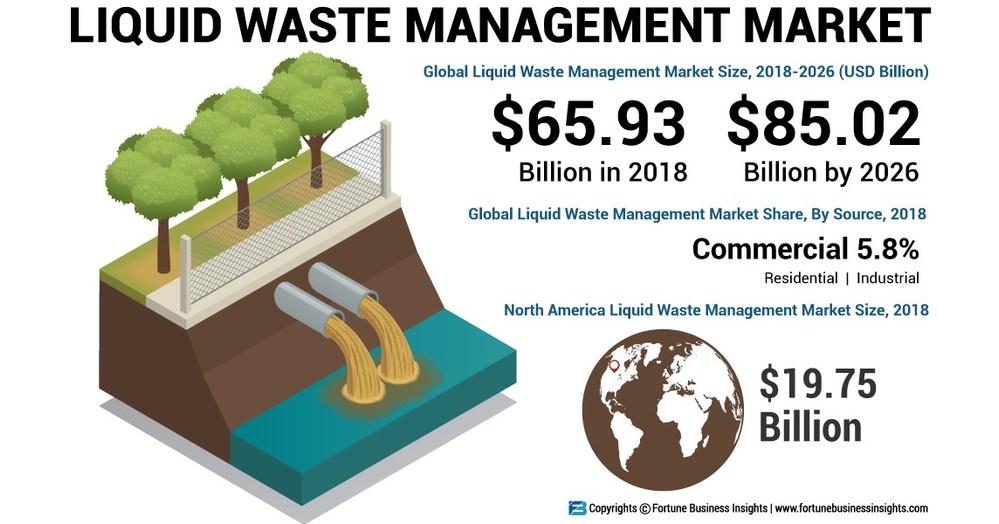Not known Factual Statements About Reclaim Waste
Not known Factual Statements About Reclaim Waste
Blog Article
Some Ideas on Reclaim Waste You Need To Know
Table of Contents7 Simple Techniques For Reclaim WasteEverything about Reclaim Waste10 Easy Facts About Reclaim Waste DescribedReclaim Waste - TruthsAll About Reclaim Waste
Domestic sewage waste refers to the waste and products from a household septic container. The correct administration and disposal of residential sewage waste need liquid waste to be moved to a sewer therapy plant where the proper approaches and equipment are applied to detoxify and dispose of waste.
Commercial waste typically consists of prospective risks, such as flammable products or a mix of liquid and solid waste products, and calls for a more innovative and detailed disposal process. The disposal of industrial waste normally involves the filtration of waste prior to transport to ensure safe and correct disposal. Hazardous waste is produced from by-products and drainage of industrial procedures and manufacturing.
This type of waste can not utilize the very same sewer administration transportation or processes as septic or industrial fluids. The hazardous waste administration process calls for the examination and testing of fluid waste before it goes through the disposal process (industrial wastewater treatment). Overflow waste is the liquid waste that originates from drainage and excess stormwater in extremely booming locations or cities
Runoff waste can cause contamination and flooding otherwise managed appropriately. Discover more regarding sewage system cleansing and waste monitoring. Ensuring proper waste monitoring can prevent disasters and decrease ecological harm. Both people in property setups and professionals in commercial or production markets can take advantage of recognizing the procedures and laws of fluid waste monitoring.
3 Easy Facts About Reclaim Waste Explained
Call PROS Services today to find out about our waste administration and disposal services and the correct methods to look after the liquid waste you create.
(https://slides.com/reclaimwaste1)Do you recognize what happens to your water when you disengage, purge the bathroom or drain pipes the washing equipment? No? Well, it's worth recognizing. This supposed 'wastewater' is not only an important resource but, after treatment, will certainly be released to our land, waterways or the ocean. Utilized water from bathrooms, showers, baths, kitchen sinks, washings and industrial procedures is called wastewater.

water used to cool down equipment or tidy plant and tools). Stormwater, a type of wastewater, is overflow that moves from agricultural and urban areas such as roofs, parks, gardens, roadways, paths and seamless gutters into stormwater drains, after rainfall. Stormwater flows untreated directly to local creeks or rivers, ultimately getting to the sea.
The Best Strategy To Use For Reclaim Waste
In Queensland, many wastewater is dealt with at sewage treatment plants. Wastewater is carried from residential or commercial sites through a system of sewers and pump stations, recognized as sewage reticulation, to a sewer treatment plant. City governments develop, preserve and run most sewer therapy plants. Operators are licensed under the Environmental Security Act 1994 to release cured wastewater at an acceptable ecological standard right into waterways.
The Division of Natural Resources encourages city governments concerning handling, operating and maintaining sewage systems and treatment plants. In unsewered locations, regional federal governments may call for householders to mount private or family sewage treatment systems to deal with residential wastewater from toilets, kitchen areas, bathrooms and washings. The Department of Natural Resources authorizes making use of household systems when they are verified to be efficient.
In some new communities, therapy of some stormwater to eliminate clutter, sand and crushed rock has actually begun utilizing gross pollutant catches. Wastewater treatment takes place in four stages: Eliminates solid issue.
Wastewater after that moves into large tanks where solids clear up and are gotten rid of as sludge. Grease and scum are skimmed from the surface area. Uses small living organisms knows as micro-organisms to damage down and get rid of continuing to be dissolved wastes and fine fragments. Micro-organisms and wastes are integrated in the sludge. Gets rid of nitrogen and phosphorus nutrients that could trigger algal blooms in our rivers and intimidate aquatic life.
The Best Strategy To Use For Reclaim Waste
Nutrient removal is not available at all sewage therapy plants since it calls for pricey specialized devices. Clear fluid effluent generated after treatment may still consist of disease-causing micro-organisms - industrial wastewater treatment.

This generally suggests wastewater has actually to be treated or pollutants removed prior to it can be released to waterways. Many wastewater flows right into the sewage system. Under the Act, city governments administer authorizations and permits for ecologically relevant tasks (Ages) including wastewater releases that could have a regional effect. The division administers authorizations and licences to Ages involving wastewater launches that could have a local or statewide effect.
4 Easy Facts About Reclaim Waste Explained
Surveillance provides factual information concerning water quality and can confirm that licence problems are being fulfilled. The details gotten through tracking supplies the basis for making water top quality choices.
Report this page